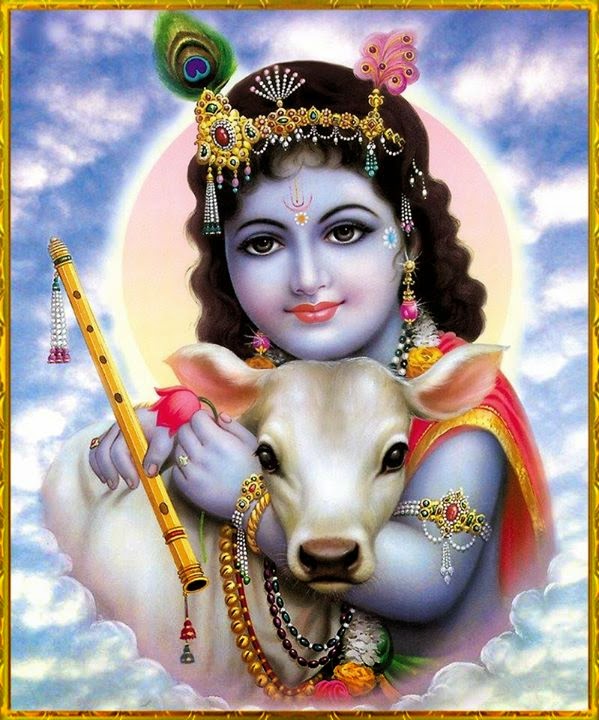Srimad Bhagavatham : 6.2.11.

Skandham-6. Chapter-2. Slokam-11. na nishkrtair uditair brahma-vadibhis tatha visuddhyaty aghavan vratadibhih yatha harer nama-padair udahrtais tad uttamasloka-gunopalambhakam. na = not; nishkrtaih = by the processes of atonement; uditaih = prescribed; brahma-vadibhih = by learned scholars such as Manu; tatha = to that extent; visuddhyati = becomes purified; agha-van = a sinful man; vrata-adibhih = by observing the vows and regulative principles; yatha = as; hareh = of Lord Hari; nama-padaih = by the syllables of the holy name; udahrtaih = chanted; tat = that; uttamasloka = of the Supreme Personality of Godhead; guna = of the transcendental qualities; upalambhakam = reminding one. By following the Vedic ritualistic ceremonies or undergoing atonement, sinful men do not become as purified as by chanting once the holy name of Lord Hari. Although ritualistic atonement may free one fr


.jpg)

.jpg)



.jpg)

.jpg)
.jpg)
.jpg)


.jpg)



